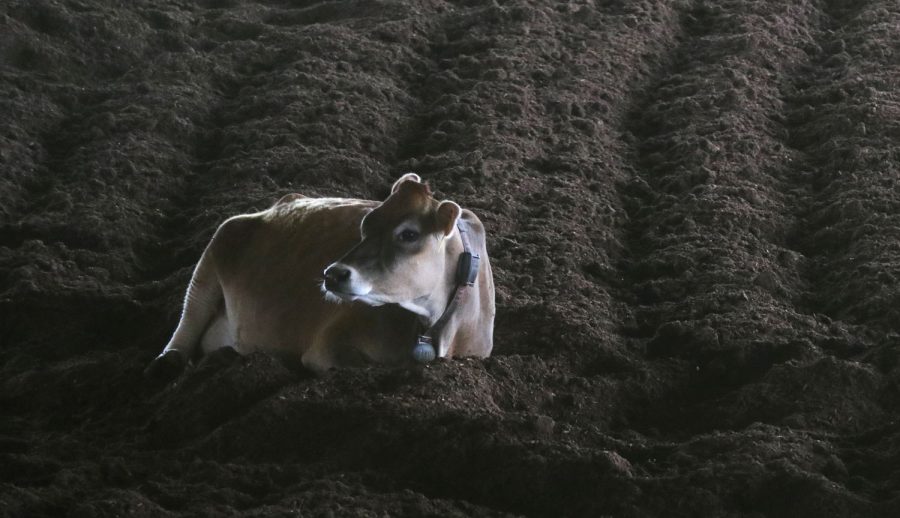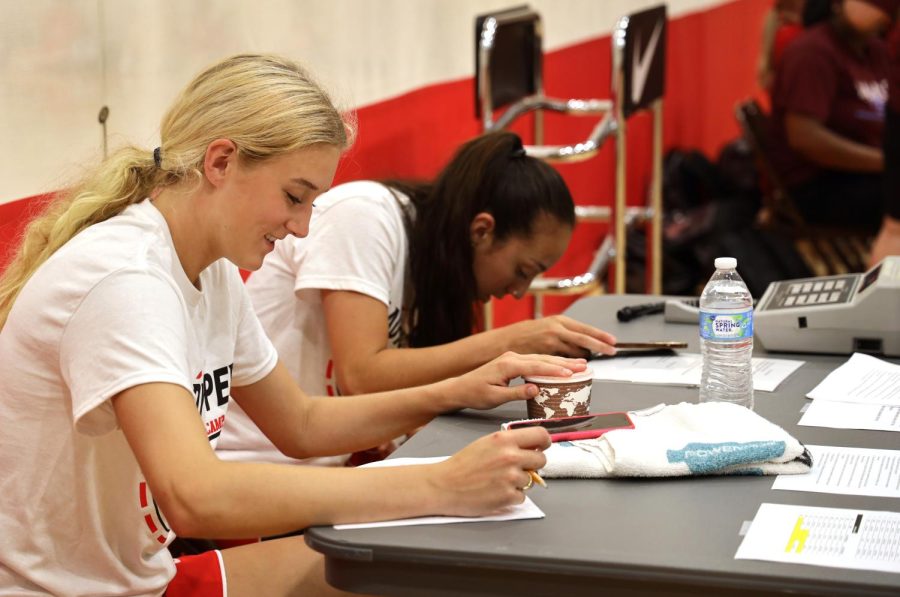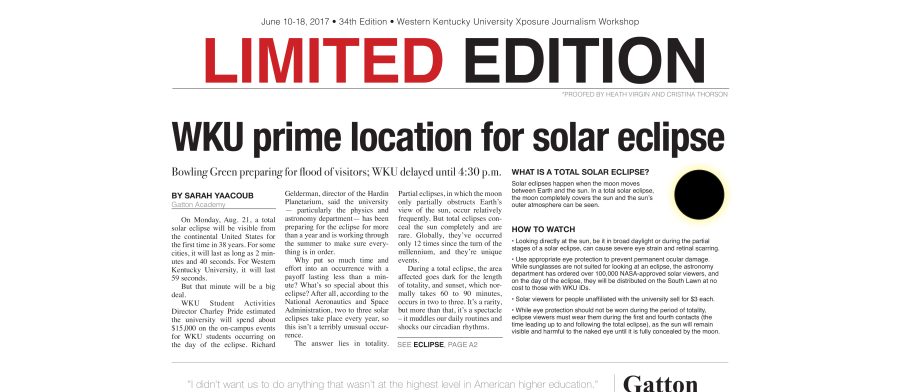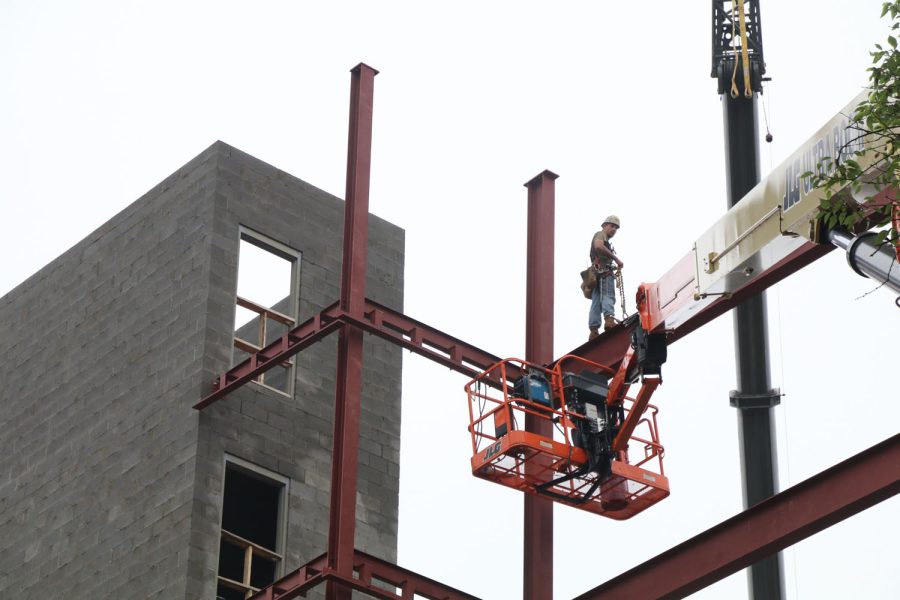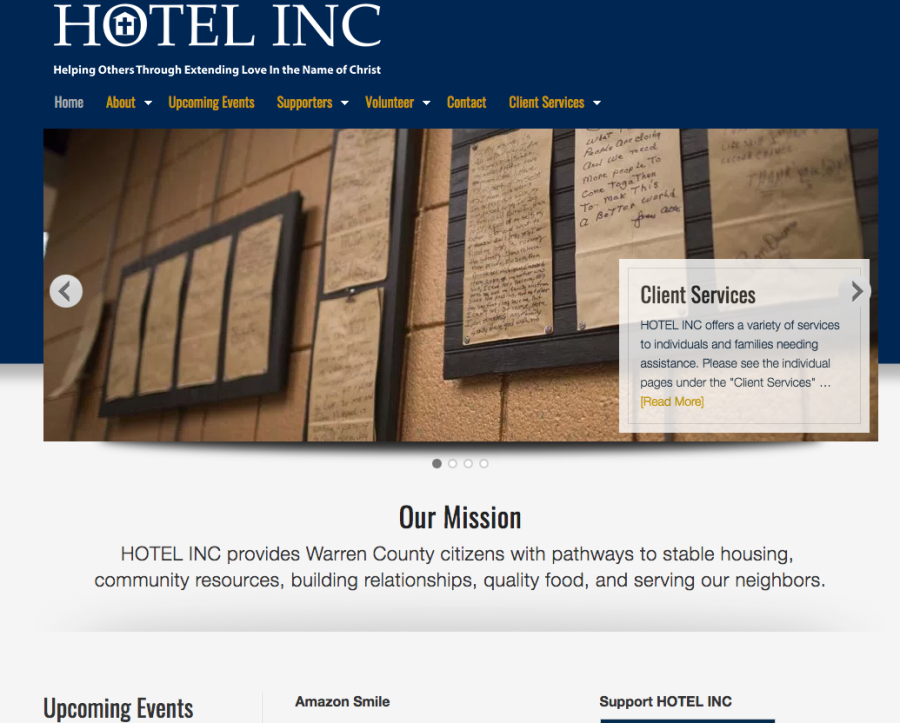By Kate Neal, DuPont Manual High School
After nearly 80 years, the days of milking by hand at Chaney’s Dairy Barn are over – a robot has taken over.
Since its purchase in 1888, the Chaney family farm has gone through a multitude of changes while maintaining the same vision the original owner, James Chaney Sr., had envisioned for it.
Carl Chaney is part of the fourth generation of the Chaneys to own the farm and has made considerable changes in how the farm operates and functions in the community. One of these changes is the introduction of a $260,000 robotic milking system that was installed June 14, 2016. This machine greatly differs from their old system of milking the cows dating back to 1940 when Chaney’s father began milking cows in the barn.
“He started milking two cows by hand,” Chaney said. “In 1948, we got electricity…I can only imagine that dad was about as excited when he got electricity as we were when we got this robot put in.”
The robot begins the milking process when a cow walks into its stall. The cow will be wearing a necklace that is read by the robot to see who the cow is.
After the cow is identified, the machine determines if the cow is ready to be milked.
“If that cow is ready to be milked, it will start giving her some feed up front,” Chaney said. “If she’s not, it will reject her. It will open the front gate back up, she will walk out, front gate will close, back gate will open, and another cow will come in.”
If the cow is ready to be milked, an iodine solution dip will be sprayed on the cow’s udder. Then, a laser maps out where the cow’s udder is to effectively squeeze it. If there are any problems with finding the udder, it continues to remap until it gets it right.
The milk that is taken from the cow then moves through a tube to a tank. If the milk taken has flakes in it, it will instead segregate that portion of the milk and move it to the waste drain.
The robot milking system is an alternative solution to the economic situation the Chaneys were facing. While Chaney suggested selling the cows, his kids encouraged him to keep them.
“Without milk, we don’t have any income,” Chaney said.
The robot’s impact on the farm has been more positive than expected.
“So what I was hoping for is that we would get a 10 to 15 percent increase in milk production,” Chaney said. “We got a 25 and 30 percent increase in milk production because our cows are now more comfortable than they’ve ever been in their whole life.”
Besides the milk, tourism accounts for a significant amount of the farm’s revenue.
“We started in 2004 doing farm tours, and we would have bales of straw…I would get Ms. Glimmer, the cow, and I would bring her in and actually milk her for them. They’d be able to see her; they’d be able to get to pet her. Things have changed,” Chaney said.
Now the farm offers self-guided tours with a video to accompany them. The Chaneys have also built a new facility totaling $600,000.
Hayley Watson, a rising WKU sophomore from Louisville, went on a tour of the farm two summers ago before the new facility was constructed.
“When I went there two years ago, we went into this little barn, and there weren’t any doors. Instead of bleachers, we had little hay bales that we sat on and then he would bring in the cow, Miss Glimmer, and he would tell you how they milk a cow,” Watson said.
- Streeter, a rising junior at duPont Manual High School in Louisville, went on a tour of the farm one year after Watson, still before the completion of renovations.
“We were the first people actually to go in that building and see what would become later on. I got to see the end of a period and the beginning of a period all in the same day,” Streeter said.
Community events are another way the farm brings in tourists. Every other Friday and Saturday night the Chaneys put up a screen and show a family movie on the side of the barn.
“Last Friday night, there were almost 800 people out here on blankets and lounge chairs watching the movie,” Chaney said.
The farm is holding another community event June 19. It is a day to honor Miss Glimmer. Last year at this event, the Chaneys handed out 900 free single scoops of ice cream.
A playground at the farm also attracts families. It was put in on April 25 and on that day there were 600 more transactions at the family business than there were on that same day the previous year.
“We just have a blast working with the community. We’ve been blessed,” Chaney said.
Although the farm is run quite differently than it was a few years ago, Chaney is confident that he is maintaining how his father, grandfather and great-grandfather wanted the farm to be run.
“My dad would love this,” Chaney said. “He would love to be able to watch this and see how these cows are being taken care of today.”

